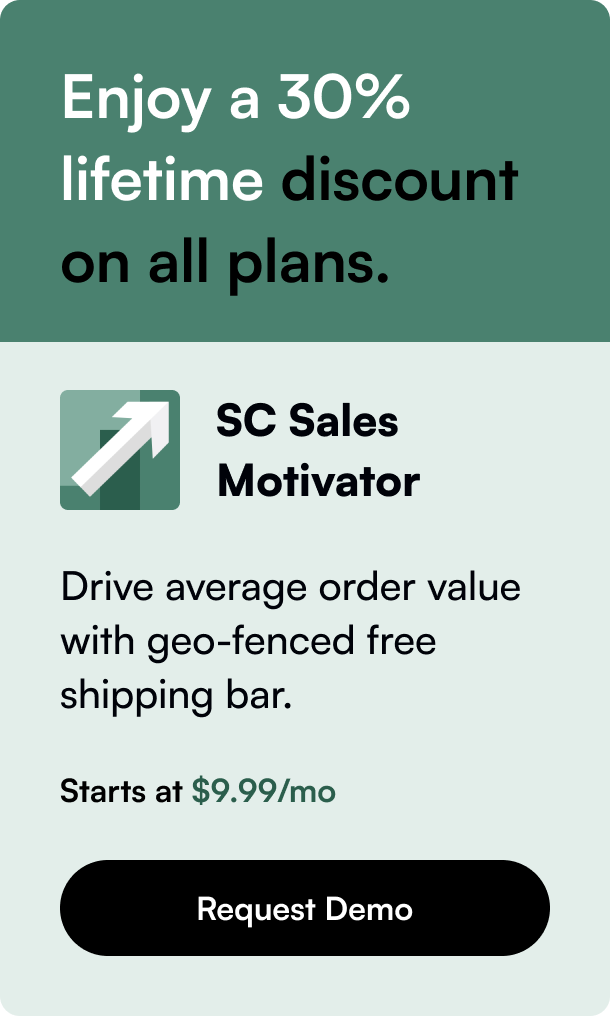Table of Contents
- Introduction
- Understanding the Shopify Platform
- Factors Influencing Your Pricing Strategy
- Recommended Pricing Models
- Enhancing Your Offer
- Conclusion
- FAQ Section
Are you contemplating launching your services for setting up Shopify stores but unsure about what to charge? Determining the right pricing for your services can often feel like navigating through a maze. In this detailed guide, we lay down all the factors and insights you need to consider to set competitive and fair pricing for setting up Shopify stores.
Introduction
Digital commerce has seen an astronomical rise, with platforms like Shopify leading the charge. It's no surprise that many businesses, big and small, want to carve a space for themselves in the digital marketplace. This has led to a growing demand for professionals skilled in setting up and customizing Shopify stores. If you're considering offering your services in this niche, one of the first questions you might have is, "How much should I charge for setting up a Shopify store?"
This guide intends to shine a light on this question, taking into account various aspects important to pricing such services, ensuring clarity for you and potential clients, and establishing a clear path toward successful business endeavors.
Understanding the Shopify Platform
Before diving into pricing strategies, it’s crucial to understand the intricacies of Shopify as a platform. Shopify offers a wide array of features right out the box, including product management, marketing tools, analytics, and payment gateway integrations. This e-commerce giant caters to businesses of all sizes, from budding entrepreneurs to established brands. Your expertise in navigating and customizing these features can significantly impact your pricing model.
Factors Influencing Your Pricing Strategy
Several critical factors come into play when deciding how to price your services for setting up a Shopify store:
1. Scope of Work
- Customization Level: The more customized a Shopify store needs to be, the higher the effort and, consequently, the price.
- Number of Products: Uploading and setting up a few products versus thousands can drastically change the workload.
- Additional Features Needed: Implementation of specific apps or custom-coded features can add complexity.
2. Your Expertise and Experience
- Skilled professionals with a proven track record can command higher fees due to their expertise and the value they bring.
3. Market Demand
- High demand for Shopify setup services in your region can allow for higher pricing.
4. Client's Budget and Business Size
- Understanding your client's budget and the scale of their business will help tailor your services appropriately.
Recommended Pricing Models
Based on the factors mentioned above, here are some pricing models you could consider:
1. Hourly Rate
Begin by calculating your time investment. Industry averages for Shopify store setup range from $50 to $150 per hour. Ensure your hourly rate covers your skill level and the complexity of the tasks involved.
2. Flat Fee
Offer a package deal for setting up the store, which can be more appealing to clients as it provides them with a clear upfront cost. This could range from $500 for a basic setup to upwards of $5,000 for more complex stores with extensive customizations.
3. Value-Based Pricing
Charge based on the value or ROI the client is expected to get from the Shopify store. This requires a deep understanding of your client's business and market.
4. Retainer Fee
For ongoing support and updates, consider a monthly retainer fee. This ensures clients have your expertise on hand for their evolving needs.
Enhancing Your Offer
To stand out and justify your rates, consider bundling your services with:
- Training sessions for the client on using the Shopify platform.
- Initial SEO setup, helping the store start on the right foot with search engines.
- Basic branding assistance, like logo and color scheme selection.
Conclusion
Setting up a Shopify store involves significant technical know-how and creative input. Your pricing should reflect the value you bring to each project, balanced with market expectations and client budgets. By carefully considering the scope of work, your expertise, and client needs, you can develop a pricing strategy that is fair, competitive, and rewarding.
FAQ Section
Q1: Can I charge more for setting up a Shopify Plus store?
A1: Absolutely. Shopify Plus setups are typically more complex and cater to larger businesses. Your pricing should reflect the increased effort and expertise required.
Q2: Should I ask for a deposit upfront?
A2: Yes, it's standard practice to ask for a percentage of the fee upfront. This commitment helps cover initial costs and secures the engagement from both sides.
Q3: How do I adjust my pricing as I gain more experience?
A3: Regularly review and adjust your pricing based on your growing portfolio, market demand, and feedback from clients. Increasing your rates is justified as you deliver more value.
Q4: Is it beneficial to specialize in a niche market?
A4: Specializing can allow you to command higher prices due to your focused expertise. Choosing a niche you're passionate about or have unique insights into can be particularly advantageous.
By aligning your pricing with the value you provide, keeping in tune with the market, and continuously enhancing your skill set, you'll be well on your way to building a successful business around setting up Shopify stores.








